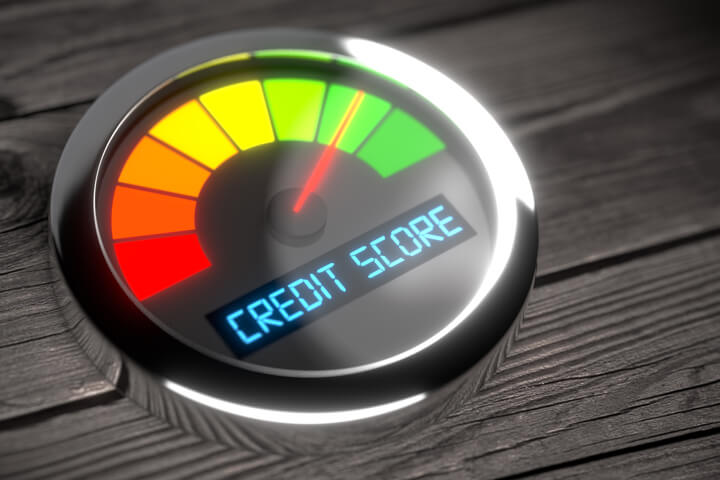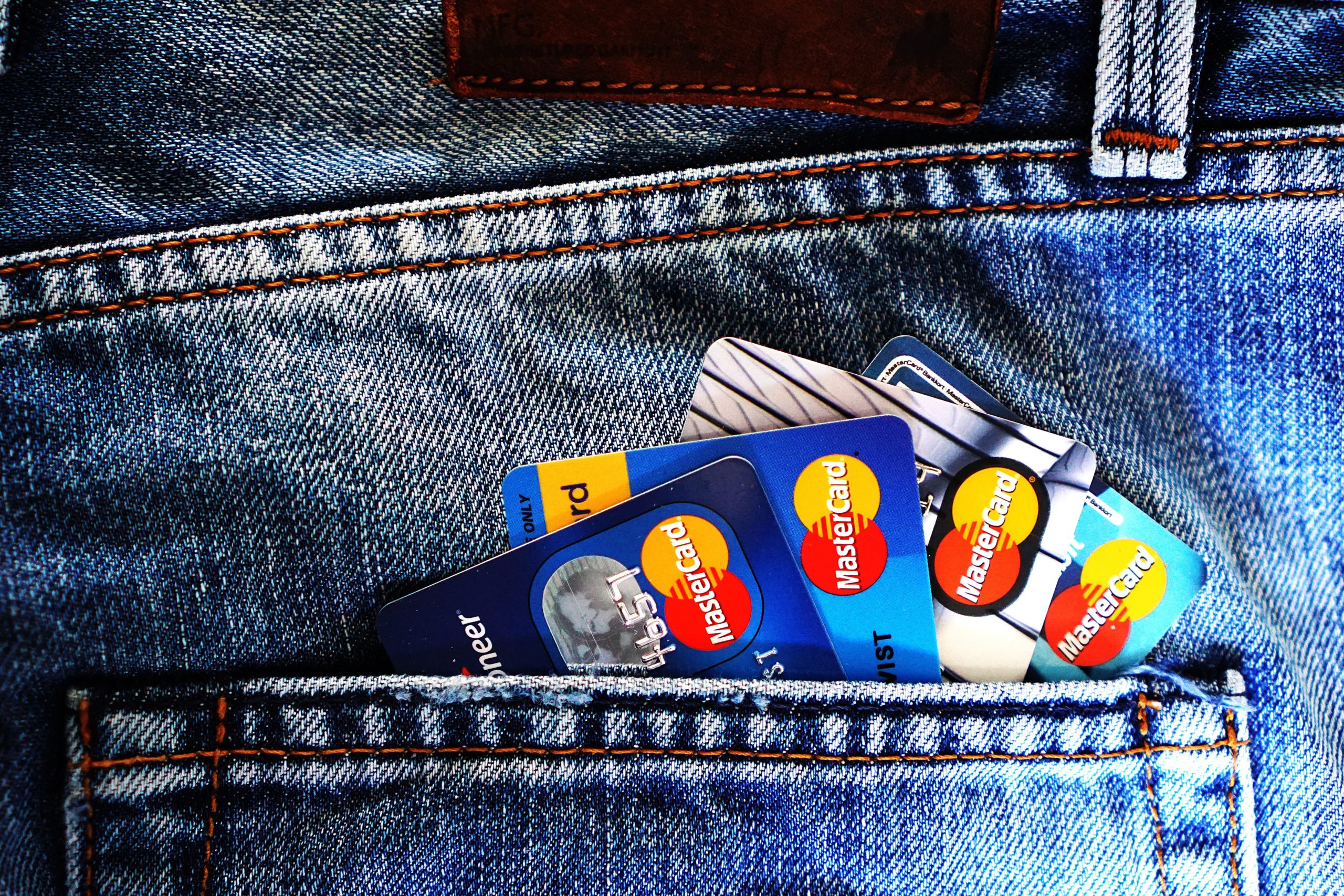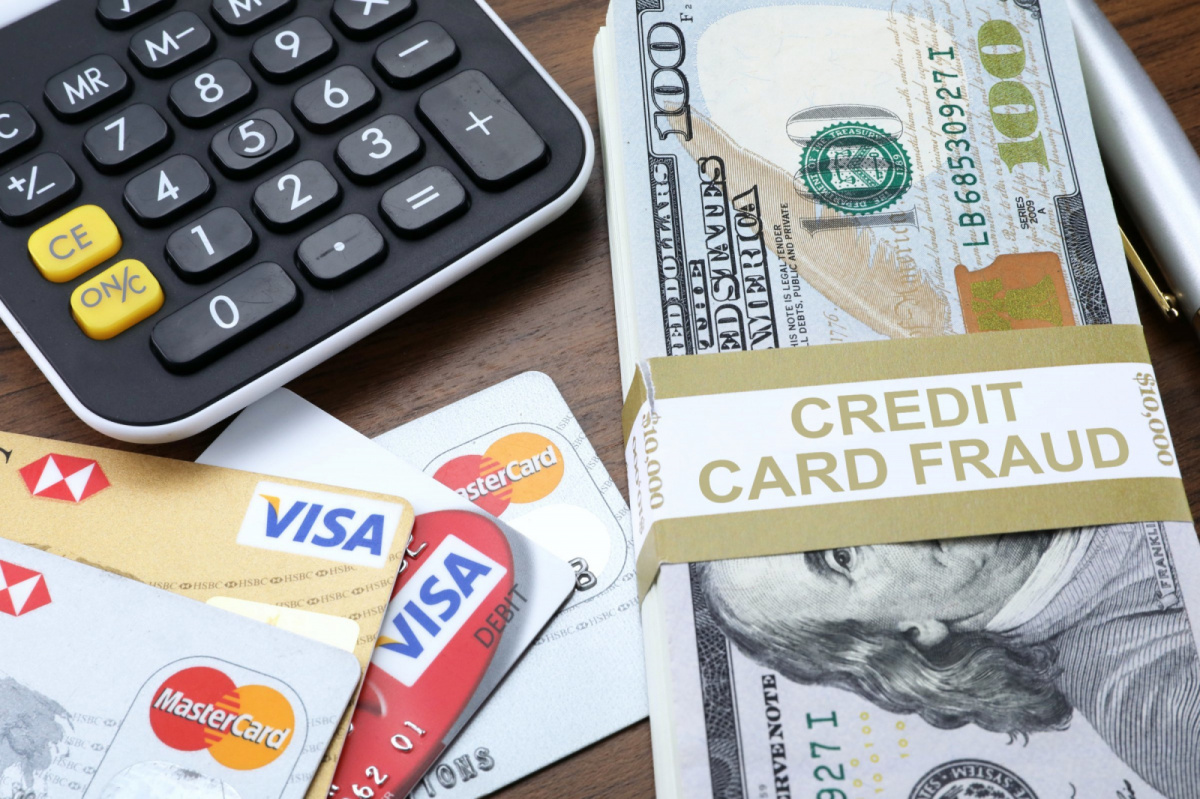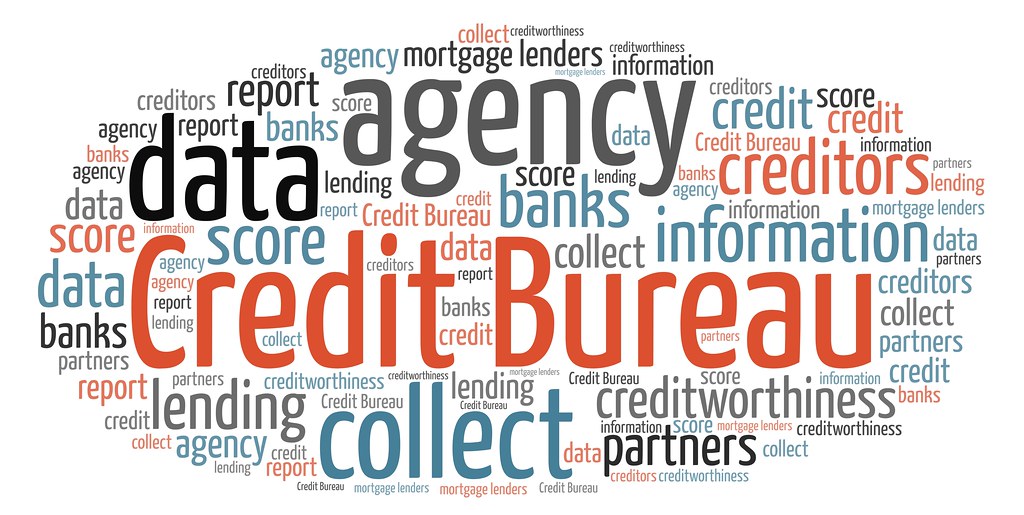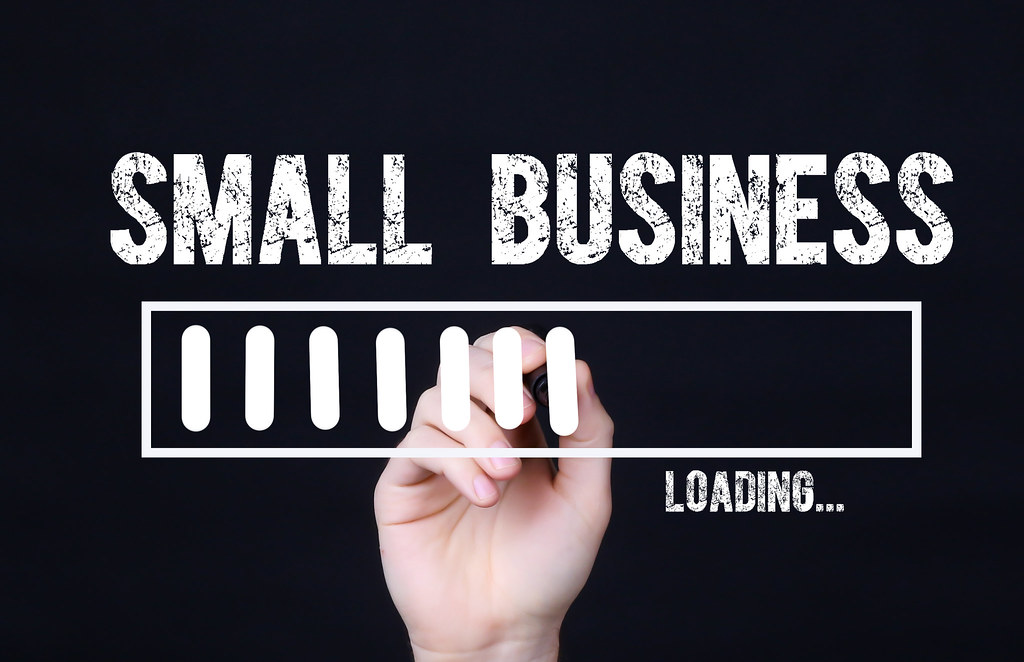7 Ways to Help Boost Your Credit Score
An excellent credit score is a fundamental factor in determining your financial credibility. People who wish to enjoy rewards need to maintain a good credit score.
According to FISCO, nearly 16% of Americans have a poor credit score, which deprives them of several benefits. You will find most of these people searching for things like “Ways to help boost your credit score”.
This is because their credit scores range between 500 and 669, making it a poor one. Contrary to this, only 1.2% of Americans have a good credit score. If you are wondering why people have a poor credit score, do not worry as we are going to explain it in this article.
Factorsthat Damage Credit Score
The credit score is an essential part of an individual’s financial status. These credit scores determine your ability to repay loans from lenders, the premium/interest rates, and much more. That said, several people have poor credit scores for the following reasons.
Late Payments
Nearly 35% of a person’s credit score comes from their payment history. The payment history depends on how fast you repay your loans. The longer you take to repay the loans, the poorer your credit score ultimately becomes.
Non-Payment
This is a more serious issue than late payments. Individuals who fail to repay their credit lose their credibility, negotiation, and qualification rights. No lenders provide them with loans in the future and they also need to pay higher interest rates. Every missed payment brings you closer to having your account charged off permanently.
Third-Party Account Collections
Creditors can hire third-party collectors to get their money back. The collection status places a huge impact on your existing account and shows that the lender gave up trying to recollect the money from you, and had to hire someone else to do so.
Loan Defaults
Financial loans are another reason to boost your credit score. Individuals with poor credit scores usually face issues with qualifying for loans. It also means you choose not to pay the borrowed money back, which raises doubts about your financial credibility in the future as well.
Bankruptcy Filing
Filing for bankruptcy indicates that you can no longer repay the loan you took. Filing for bankruptcy stays on a person’s record for nearly 7 years, which is why you should think of alternatives like consumer credit counseling before taking this decision.
Users that file for bankruptcy have no financial credibility. It is better to try and boost your credit score, rather than taking such an extensive measure.
Home Foreclosure
You can get a foreclosure on your property in case of a financial crisis, but it will impact your credit score in the long run. It can take years to restore your credit score to normal without the right methods. You cannot qualify or apply for future mortgage loans as long as your credit score does not climb back.
Increased Credit Card Balance
Credit utilization or the amount of credit you have impacts your score. For instance, a $10,000 limit, and a $9,500 balance will negatively impact your credit score altogether.
Maxing out Credit Card
Credit card owners that use all their credit card limits usually represent financial instability and have a poor credit score. This happens when your credit utilization limit hits 100% and it damages your credit score the most.
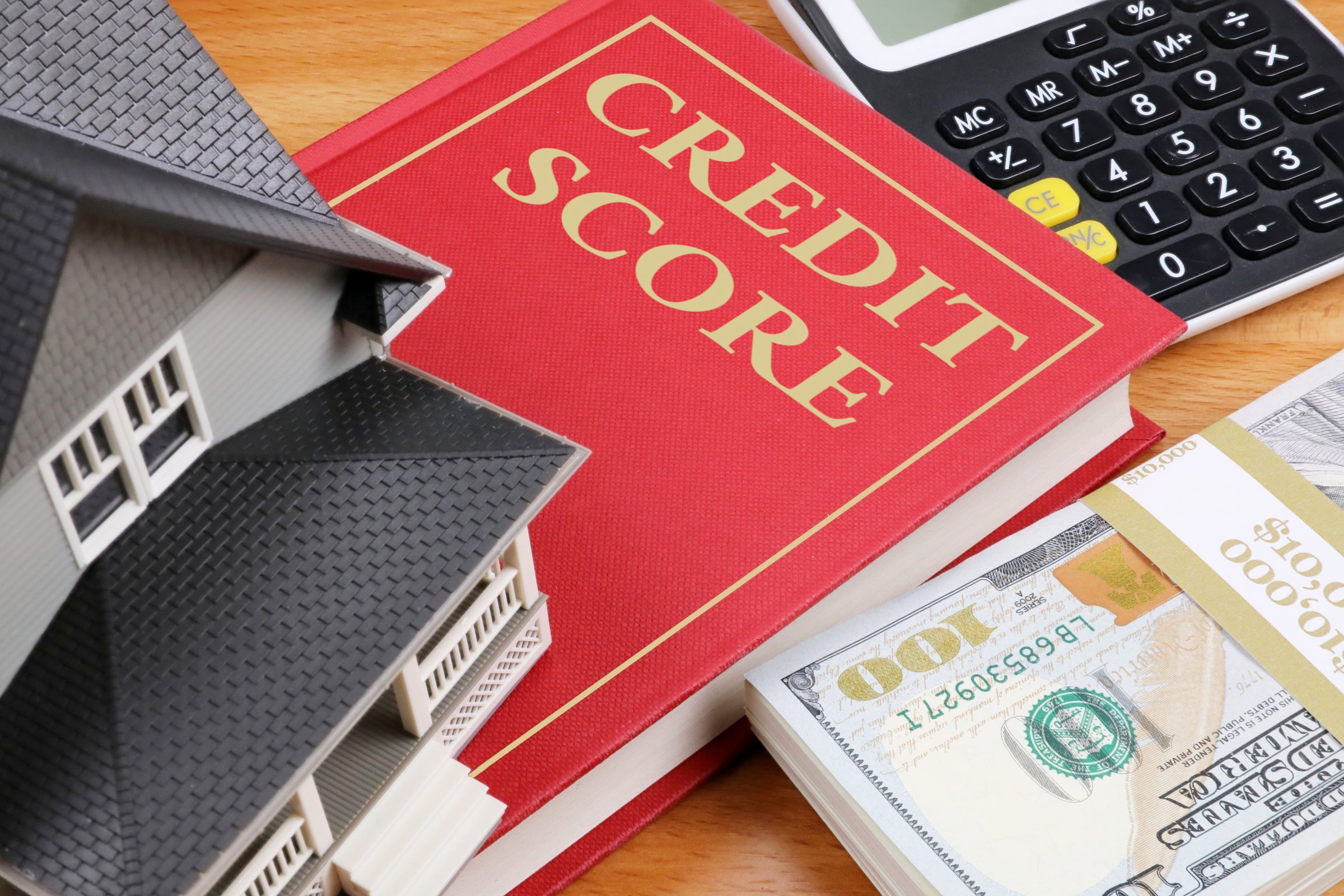
Closing a Credit Card with Balance
Credit card limits drop to $0 when you close a credit card that still has a balance. It gives the impression of maxing out your credit card and will cause your score to drop. Thus, it is important for credit borrowers to repay the amount before closing down their cards.
Poor Credit History
Credit history represents the period you own an account. It is something you should preserve if you want to boost your credit score. Closing down older credit cards damages your existing credit score and determines around 15% of your FICO Score.
There is no reason to close down a credit card unless you are paying an annual fee for it. You should keep the credit card active because you do not have anything to lose. However, if you are concerned about any fee penalties, discuss things with the credit card providers.
Applying for Several Loans and Credit Cards
The most common reason why most people end up with a poor credit card score is that they apply for additional credit cards and loans. This determines around 10% of your existing credit score value and will make it drop significantly.
Poor Credit Mix
The credit mix represents all your accounts, credit cards, insurance policies, and much more. The mix represents over 15% of your total credit card score. So, if you have multiple credit accounts, cards and loans, your credit score will drop.
It is Possible to Boost Your Credit Card Score?
A credit card score depends on various elements and factors, and several actions can damage it. The question is, can someone boost their credit card score? The answer is yes. However, you need to understand how it works, if you wish to boost your credit card score. The following table represents the average credit card ranges you should keep in mind.
| S.no | Score Range | Credit Score Status |
| 720 or Higher | Excellent | |
| 690 and 719 | Good credit | |
| 630 to 689 | Fair Credit score | |
| 629 and lower | Poor Credit score |
As you see, the status and ranking of each score differ for the user. Individuals with credit scores 720 or higher are completely safe and can enjoy plentiful rewards. Others with credit scores of 629 or lower qualify get poor credit scores and have a harder time managing their finances.
Most people end up with poor scores because they do not know any better. However, this is not something to worry about. We have a few tips and tricks that can help you boost your credit score. Note that these steps will take some extra time, but will improve your credit score in the long run.
7 Ways to Boost Your Credit Score
The credit score depends on several factors, but the following tips and tricks can help you improve your credit score in no time.
1. Reduce Credit Utilization Ratios
The credit utilization ratio is the most influential metric when it comes to your credit score ranking. Interestingly, it determines around 30% of your score, making it the fastest way to boost your credit score.
The utilization refers to the ratio between the amount you have and the amount you are using in credit. For instance, if individuals with a card limit of $50,000 charge $20,000, they have a credit utilization of 20%.
The easiest way for credit reporting firms is to look at your statement balance in this calculation. Therefore, you will have utilization even if you repay all your credit in cash.
However, there is an easier way to keep you safe. Experts suggest you should use only 30% of your credit utilization ratio. For instance, a $15,000 maximum in credit for a total limit of $50,000 will keep your credit score safe. You can do this in the following ways:
- Charge essential purchases only
- Make extra paymentsfor larger payments
- Split purchases between credit cards
2. Request Credit Limit Increase
Requesting an increase in your credit limit is the easiest way to increase your credit score over time. Remember, you cannot request a limit increase suddenly.
However, you can do this periodically. Notice that every credit card provider has a different policy for this, but most of them allow users to increase their limit online. Increasing your limit will help you reduce your credit utilization, ultimately improving your credit score.
That said, there are a few things you should keep in mind with this. You should never request a limit increase on a new card because most credit card providers will decline.
Also, make sure that you request a credit limit increase in a way that does not lead to a hard inquiry on the credit report.
Always start by making a small limit increase as providers will increase it automatically. However, you should cancel your request if the company requires more information to increase your credit limit.
You can request a limit increase after every 6 months, but you need to maintain a positive credit score in between. This is the easiest way to help boost your credit score without harming your financial status.
3. Remove Credit Report Errors
Banks and credit card reporting bureaus can make mistakes in their reports, which can directly harm your credit score. Most consumers do not bother looking at period reports because they haven’t missed a payment.
However, keeping an eye on the report, and any errors (no matter how small), can help you boost your credit score.
Reporting firms allow individuals to request free periodic credit reports. Individuals who find any mistakes in their reports can file a dispute with the corresponding department. Keep in mind that the smallest mistakes can cost you thousands of dollars in the long run.
Many customers file disputes or information mistakes like wrong contact information, as they can indicate unauthorized accounts and users. Therefore, it is best to keep a consistent eye on your credit card reports and correct out possible deviance you find.
4. Claim Authority on the Credit Card
You can add yourself as an authority for a family member with a higher credit score than yours. This works more in your favor if the credit card account has a long history with timely payments. Also, consider the credit card utilization ratio when you sign up as the authority on a family member’s credit card to boost your credit score further.
5. Pay Cards with Highest Balance First
Paying off balances in your existing credit cards works best in the owner’s favor. You can not only boost your credit score but also increase your credibility as a borrower to improve your status as a borrower and help you qualify for bigger future loans.
You can also improve your debt-to-income ratio, improve your financial stability, and much more. All these factors are an important metric for individuals who wish to have better credit scores.
6. Make Purchases from Lesser Used Cards
Most people try and shut off extra cards once their credit score improves and they qualify for more credit options. However, shutting down a credit card could negatively impact your credit score.
We suggest you use your dormant credit card every once in a while to keep it alive. You can make the purchase, repay the credit, and boost your credit score without any extra effort. This is mainly because a long credit line decreases your credit utilization.
If you are worried about annual charges, you can always downgrade your credit card to one with no annual fee. This way, you can maintain your credit line without paying any extra amount.
7. Make on Time Payments
The fastest way to boost your credit scores is to ensure you make all your payments on time. It is a simple yet effective way to ensure you don’t lose your credibility. Note that 35% of your credit score comes from your timely payments.
The more you delay your payments, the more you lose your credit score. Sure, making full payments is not always feasible, but making the least amount of payment can help accomplish the same result.
We also suggest setting up a reminder for your payments so that you can gather the amount beforehand, and pay before the deadline.
Bottom Line
Learning how to boost your credit score is not difficult as long as you keep the factors that impact your credit score in mind. You can easily maintain a good credit score, increase your credit limit, qualify for bigger loans, and preserve your overall financial reliability with the steps we have mentioned.
Ensure making payments on time, keeping all your credit cards active, paying off the card with the highest debts, etc.
Following these simple steps will help you boost your credit score without the extra trouble. We also suggest you consult with a professional if you still have trouble improving your credit score.
